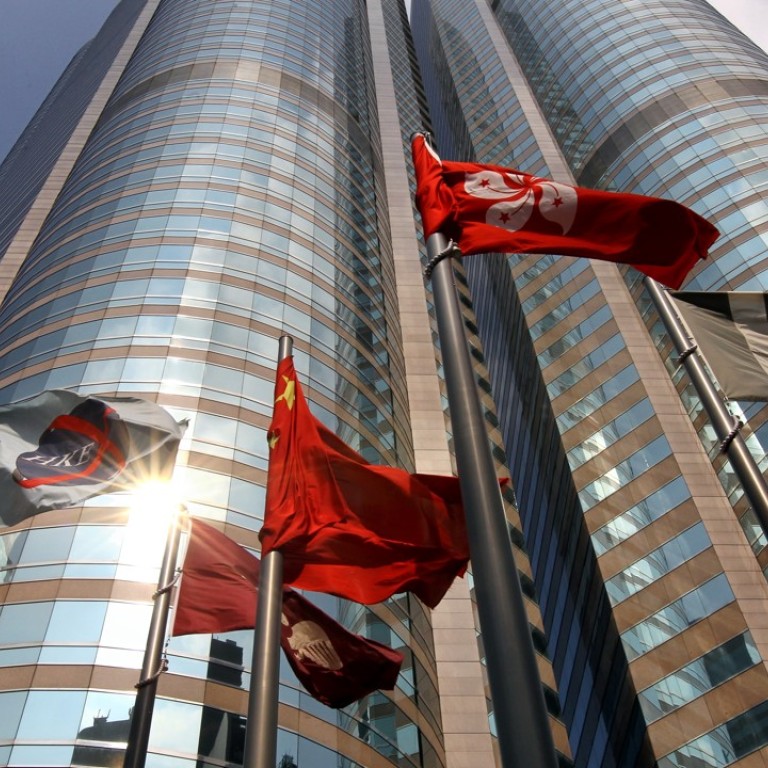
Stock exchange proposal on trading suspension could increase tension between firms and auditors, hurt investors
Rule change aimed at improving quality and reputation of Hong Kong market is under consultation until November 30
A proposal by bourse operator Hong Kong Exchanges and Clearing that listed companies suspend share trading immediately if auditors refuse to give their financial statements a clean bill of health could lead to an increase in tensions between firms and auditors, and even punish retail investors, according to analysts.
HKEX said the rule change has been proposed with the intention of improving the quality and reputation of the Hong Kong market. The proposal is in a two-month consultation until November 30.
Hong Kong stock exchange operator posts record first-half earnings, as blockbuster IPOs help it reclaim No 1 fundraising ranking
“We are seeking to afford better investor protection by safeguarding the quality and reliability of financial information published by listed issuers. We also want to encourage issuers to resolve audit issues promptly with their auditors,” said David Graham, HKEX’s head of listing.
About 40 listed companies are currently trading even after their auditors have expressed reservations about some issues with their financial statements, according to exchange data. And the bourse is now proposing that companies that cannot obtain a clean bill of health for their financial statements suspend trading immediately, starting in 2019.
“If trading is suspended until the auditors are satisfied, this could take three to six months, or even longer,” said Gary Cheung, chairman of the Hong Kong Securities Association.
“If trading of a listed company is suspended, the biggest victim is the retail investor, as they cannot sell their shares. The exchange proposal aims at enhancing investor protection, but it may hurt their trading rights. It is penalising them. ”
The exchange proposal aims at enhancing investor protection, but it may hurt their trading rights
And while the proposal could have a positive effect on the Hong Kong market in the long term, some accountants and analysts believe it could lead to greater tensions.
“The proposal may lead to an increase in tensions between listed companies and their auditors,” said Barry Tong, advisory partner at Grant Thornton.
According to the proposal, trade in stocks will resume if the company involved has addressed the issues that led to a disclaimer or adverse opinion, and has disclosed sufficient information for investors to assess its updated financial position.
“From the regulation perspective, the proposal will help the exchange to push companies to improve their reporting standards. However, listed companies and auditors may need time to adapt to the proposed tighter regulation. Listed companies may have more worries about their financial statements under this new rule,” said Gordon Tsui Luen-on, managing director of Hong Kong-based brokerage Hantec Pacific.
Hong Kong exchange explores rule change to curb back-door listings, formation of shell companies
“The exchange will need to clarify in detail the procedures on how listed companies can resume trading after their shares are suspended due to the new regulation.”
Also, if a company is suspended for 18 continuous months, it will be delisted according to HKEX’s current listing rules. This could lead to more delistings, according to Grant Thornton’s Tong.

